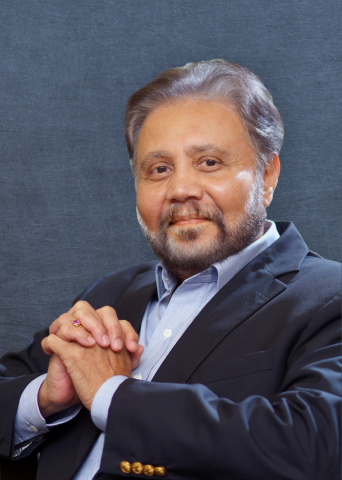BENGUERIR, Morocco--(BUSINESS WIRE)--The newly launched Global Phosphorus Institute (GPI) announced today the appointment of Dr. Amit Roy as Executive Director to develop and lead the Institute. His initial focus will be creating the Consortium for cutting-edge phosphorus research projects, building global coalitions, and establishing research hubs around the world.
“We are pleased that Amit joins GPI to direct this new global initiative,” said Hicham El Habti, the President of Mohammed VI Polytechnic University, Morocco (UM6P) and President of the GPI. “His vast experience combined with his enormous breadth of knowledge, research work and experience in managing the International Fertilizer Development Center are valuable assets to GPI. I am confident that his qualifications will make him succeed in building out this Institute”
Amit Roy has been involved in phosphorus research for more than four decades beginning with his graduate work for a doctoral degree. At the International Fertilizer Development Center (IFDC), he developed new products and processes for conversion of newly discovered phosphate rock into fertilizers along with other activities related to food production and agricultural development.
As CEO of IFDC, he oversaw a number of major publications including Fertilizer Raw Material Resources of Africa, World Phosphate Rock Reserves and Resources and Sustainable Phosphorus Management, A Global Transdisciplinary Roadmap. These publications helped raise global awareness about phosphorus and inspired similar initiatives around the globe. He also launched more than 20 international IFDC branch offices to establish collaborative global research programs and spearheaded the 2006 Africa Fertilizer Summit held in Abuja, Nigeria.
“I am honored and excited to develop GPI into the global convener of all things phosphorus,” said Roy. "This platform will be available to anyone from the local dairy farmer to the climate scientist to the chemistry student to the food manufacturer interested industries because we must ensure that phosphorus, a non-substitutable vital element, is responsibly managed and available for future generations,” said Roy.
*Source: AETOSWire




